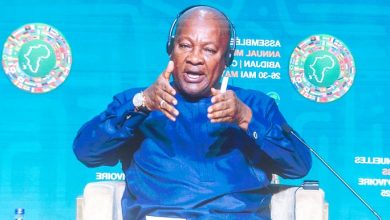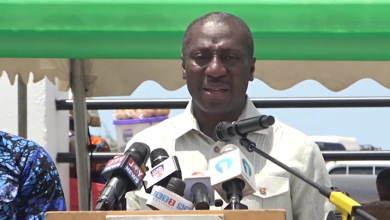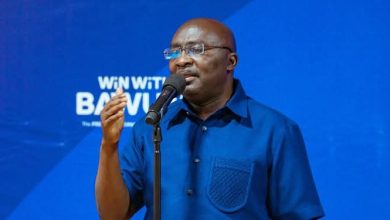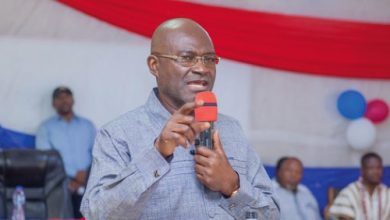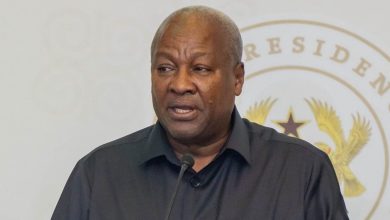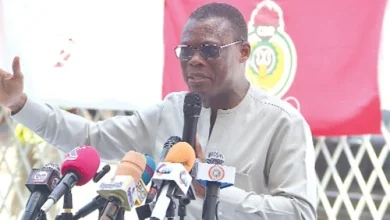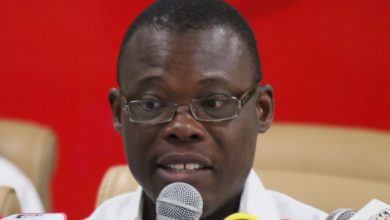More Than 100 Japanese Companies Join GIPC Investment Summit in Yokohama
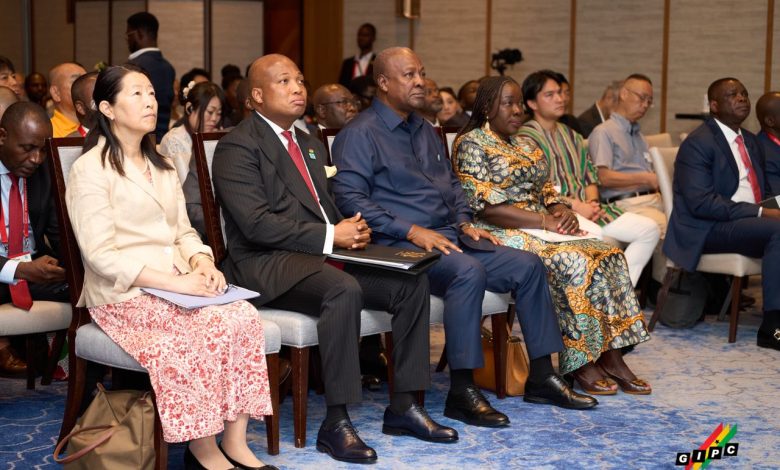
More than 100 Japanese companies participated in a high-level Presidential Investment Forum, organised by the Ghana Investment Promotion Centre (GIPC), in Yokohama, Japan, today.
The Forum was held on the sidelines of the ninth Tokyo International Conference on African Development (TICAD-9), on the theme “Ghana is Open for Business- Unleashing Investment
Opportunities for Shared Prosperity”.
Organised in partnership with Ghana’s Ministry of Foreign Affairs, the Ghana Export Promotion Authority (GEPA), the Ministry of Trade, Agribusiness and Industry (MOTAI), and the Japan External Trade Organisation (JETRO), it also served as a strategic platform to deepen Ghana–Japan economic relations.
It featured a keynote address by H.E. John Dramani Mahama, President of the Republic of Ghana, who presented a compelling case for Japanese firms to consider Ghana as their gateway to West Africa and the African continent.
“Ghana is a stable, democratic, business-friendly gateway to West Africa,” President Mahama stated, highlighting the country’s strategic location, macroeconomic stability, and ongoing reforms to improve the ease of doing business.
President Mahama also announced several concrete commitments to facilitate Japanese investment, including fast-track approvals, ready industrial sites, sovereign guarantees, and blended financing frameworks.
He also called on Japanese firms to commit to local content and technology transfer agreements to train Ghanaian workers and managers, adding, “My three requests are simple. Pilot with us, partner to scale, and invest in people.”
Delivering a strategic investment pitch to Japanese companies, the CEO of GIPC, Mr Simon Madjie, outlined Ghana’s strategic advantages driving its investment climate: the Big Push Agenda; and the 24-Hour Economy and Accelerated Export Development Programme (24H+).
Mr. Madjie emphasised Ghana’s commitment to building a resilient, inclusive, and globally competitive economy, explaining that the 24H+ is designed to extend business operations beyond traditional hours, boosting productivity, job creation, and market access.
“Investors were assured of financial incentives such as tax rebates, duty waivers, and export bonuses to support businesses operating under this model when it comes into force”, he said.
Complementing this effort, he said, is the Big Push Agenda, a US$10 billion infrastructure development plan aimed at closing Ghana’s infrastructure gap and enhancing competitiveness, with a focus on strategic sectors such as transport, logistics, water systems, agriculture, and energy.
Mr. Madjie’s presentation detailed a wide array of financial and non-financial incentives available to investors, including corporate tax holidays for agro-processing, manufacturing, and renewable energy, location-based tax reductions for businesses outside Accra and Tema, customs duty exemptions on machinery and equipment, free zone benefits, export incentives and guarantees against expropriation, and full repatriation of profits.
He further highlighted strategic projects, such as the Volta Economic Corridor, Legon Pharmaceutical Innovation Park, and Kumasi Machinery & Technology Park, as ready investment destinations.
Mr Madjie also invited Japanese investors to explore opportunities in the automotive and electric vehicle assembly, agro-industrial parks and food processing, renewable energy and grid infrastructure, pharmaceuticals and healthcare, digital economy and smart manufacturing, as well as tourism, arts, and heritage development.
The presentation was widely acknowledged by participants for its clarity, strategic alignment, and actionable insights. Several Japanese firms expressed interest in initiating feasibility studies and pilot projects in Ghana, signalling a renewed momentum in Ghana–Japan economic cooperation.

